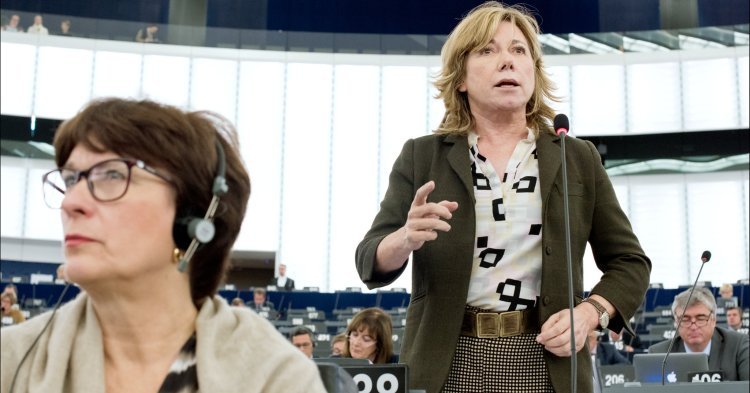Europe’s mobile operators have been providing roaming services since the mid-1990s. The commission has stated that getting rid of premiums is going to grow the market and also help the commission to be more relevant to the lives of European citizens. According to the commission, since 2007, overall retail price reductions across calls, SMS and data of more than 8 percent have been achieved. The new price caps, excluding VAT, are:
• 45 cents (38p) a megabyte to download data or browse the internet,
• 24 cents (20p) a minute to make a call,
• 7 cents (6p) a minute to receive a call,
• 8 cents (7p) to send a text message.
A Eurobarometer report revealed that in the autumn of 2006, 79 percent of mobile users used roaming services but in a much more limited capacity than they usually do everyday because of the roaming charges involved, which traditionally has been very high. A vast proportion of EU citizens therefore, agreed that the EU should step in to remove the cost of using a phone abroad, which many actually perceived as being unfair. At that time, there were no EU-wide regulations in place specifically for mobile charges and expensive roaming charges for travellers was presenting itself as an obstacle to the functioning of the EU market; the first EU-wide regulation on roaming was adopted in June 2007.
Mobile phones are increasingly becoming the most important and the only means of voice telephony for Europeans. The same report found that mobile phone users prefer voice calls (55 percent) and text message services (52 percent) while abroad. In recent years, prices of voice calls, SMS and data roaming have dropped significantly, resulting in changing consumer behaviour and attitudes – despite the economic recession, travellers began more and more use of these services. However, consumers still face barriers to enjoying much lower tariffs from mobile networks due to EU regulations. As such, competition in the EU’s roaming market was not appreciably strong enough to supply more choices and better rates to consumers.
The European Commission – a group of 27 politicians who represent the best interest of Europe as a whole predominantly, rather than individual countries, have pushed through the reforms in the hope that consumers will be more interested in using their devices when they go travelling, particularly to access the internet; detailed proposals for the changes will be published before the end of July 2013.
Ending roaming charges completely certainly goes far on the agenda of providing free and fair access to mobile services for travellers but it is worth noting that this will also possibly see a decrease in competitiveness amongst various mobile service providers across the EU. Travellers nowadays, have the option to choose prepaid data offers from small local companies and use of Wi-Fi access points locally in the visited country, besides choosing roaming services provided by their home mobile service provider. With more and more people opting for roaming services, smaller mobile companies providing such services locally could see acquisitions and mergers coming their way in the future.
A more viable long-term solution would actually be to set strict price caps on EU roaming charges for all mobile operators, and ensuring that mobile service providers are free from EU-wide regulations to offer their own brand of rates and a plethora of choices to customers. This would both promote competition amongst the more than 100 mobile companies in the EU, and provide much fairer mobile services to travellers on their home mobile service providers. Furthermore, placing the competitiveness index into context, perhaps better integrated services with other mobile service providers would help alleviate a lot of the troubles faced by smaller companies. But the outlook looks bleak here however, because the range of potential partnerships across various mobile companies are already shrinking – figures from Dealogic reveal that almost $60 billion in telecom deals were announced in Europe in the first half of 2013, which is near about double the amount of a year earlier.
Bankers are expecting this trend of telecom deals to continue in the face of economic recession, because mobile companies not at the very top are often squeezed for resources, such as earnings and more investment for services like 4G and fibre networks. For that reason, to offer more services and also receive investment, the smaller mobile companies need to consolidate. There really should be a move away from creating telecom mergers because they could render many of the customers’ favourite mobile operators inactive, as well as not offering up the space for many smaller start-up-like mobile companies to grow.

Follow the comments: |
|
